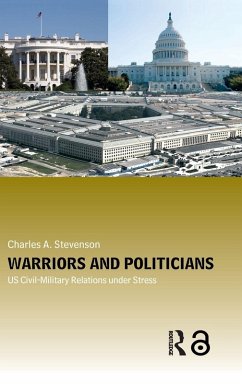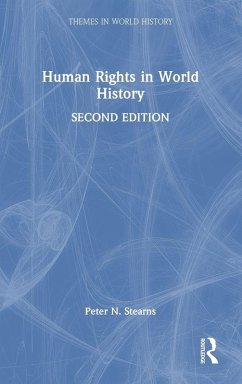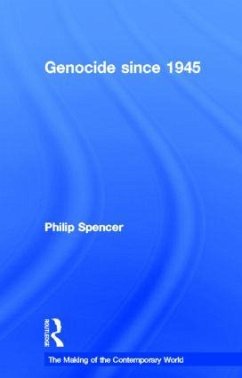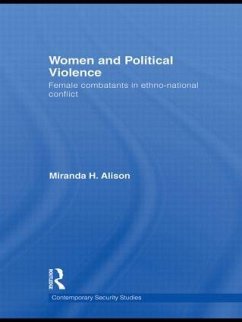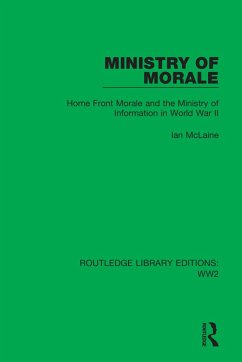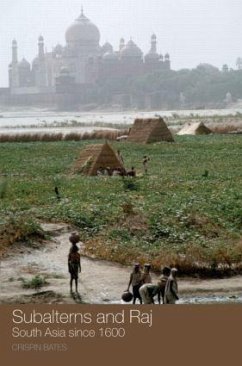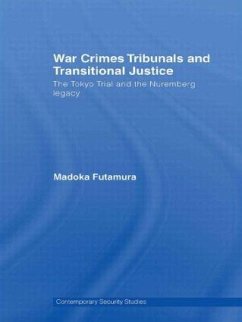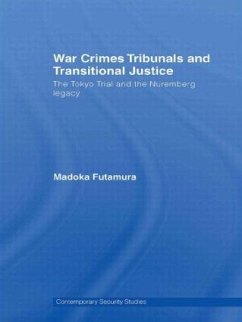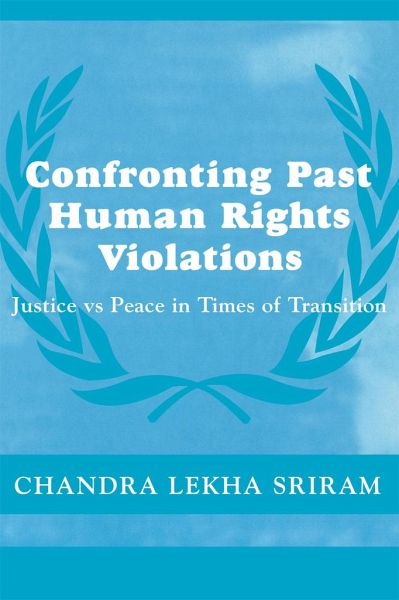
Confronting Past Human Rights Violations
Versandkostenfrei!
Versandfertig in 1-2 Wochen
59,99 €
inkl. MwSt.
Weitere Ausgaben:

PAYBACK Punkte
30 °P sammeln!
This book examines what makes accountability for previous violations more or less possible for transitional regimes to achieve. It closely examines the other vital goals of such regimes against which accountability is often balanced. The options available are not simply prosecution or pardon, as the most heated polemics of the debate over transitional justice suggest, but a range of options from complete amnesty through truth commissions and lustration or purification to prosecutions. The question, then, is not whether or not accountability can be achieved, but what degree of accountability ca...
This book examines what makes accountability for previous violations more or less possible for transitional regimes to achieve. It closely examines the other vital goals of such regimes against which accountability is often balanced. The options available are not simply prosecution or pardon, as the most heated polemics of the debate over transitional justice suggest, but a range of options from complete amnesty through truth commissions and lustration or purification to prosecutions. The question, then, is not whether or not accountability can be achieved, but what degree of accountability can be achieved by a given country. The focus of the book is on the politics of transition: what makes accountability more or less feasible and what strategies are deployed by regimes to achieve greater accountability (or alternatively, greater reform). The result is a more nuanced understanding of the different conditions and possibilities that countries face, and the lesson that there is no one-size-fits-all prescription that can be handed to transitional regimes.





